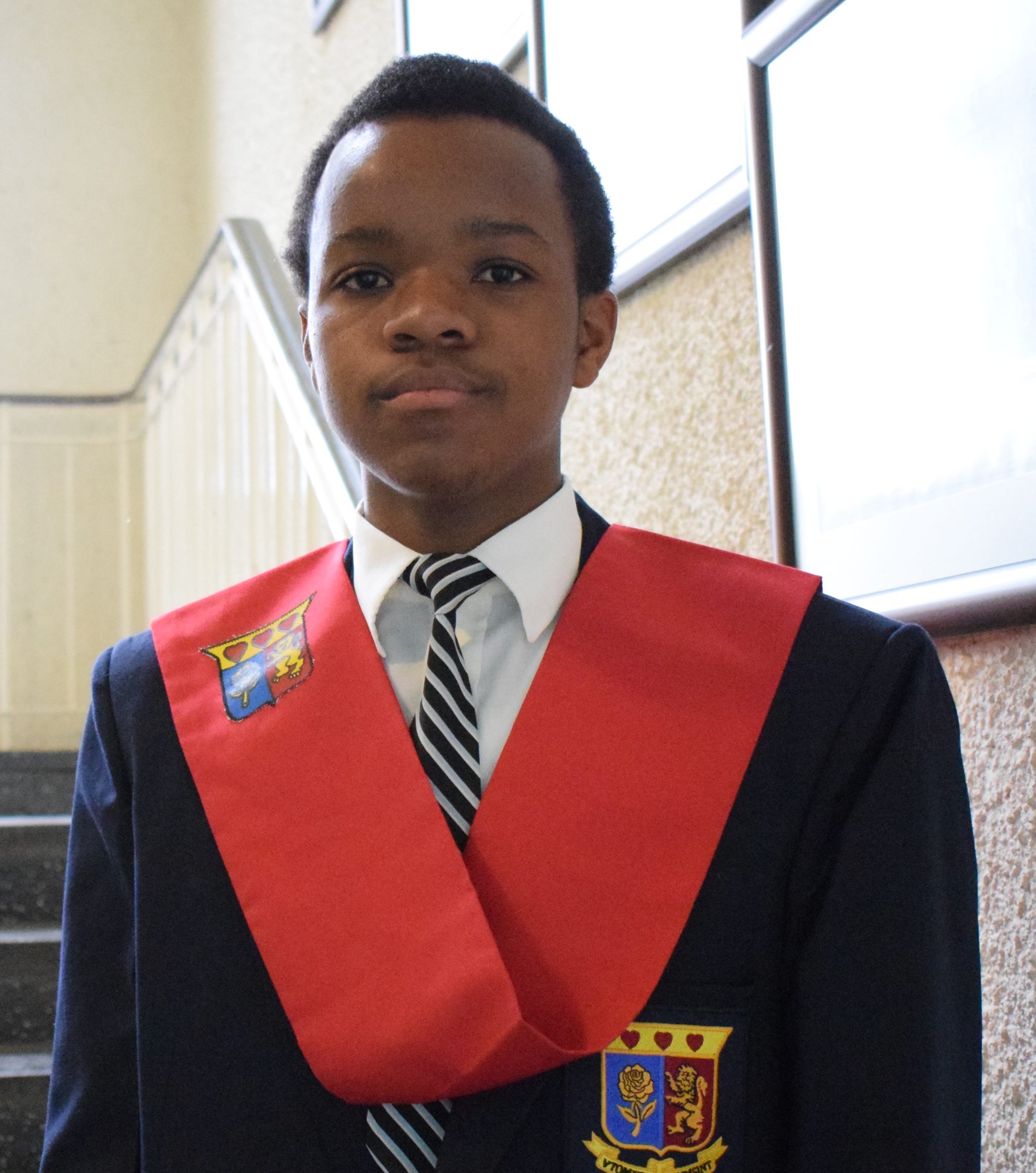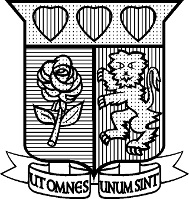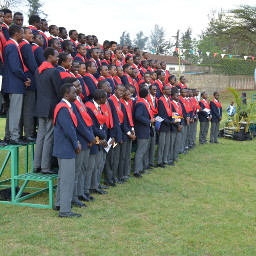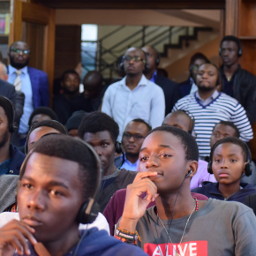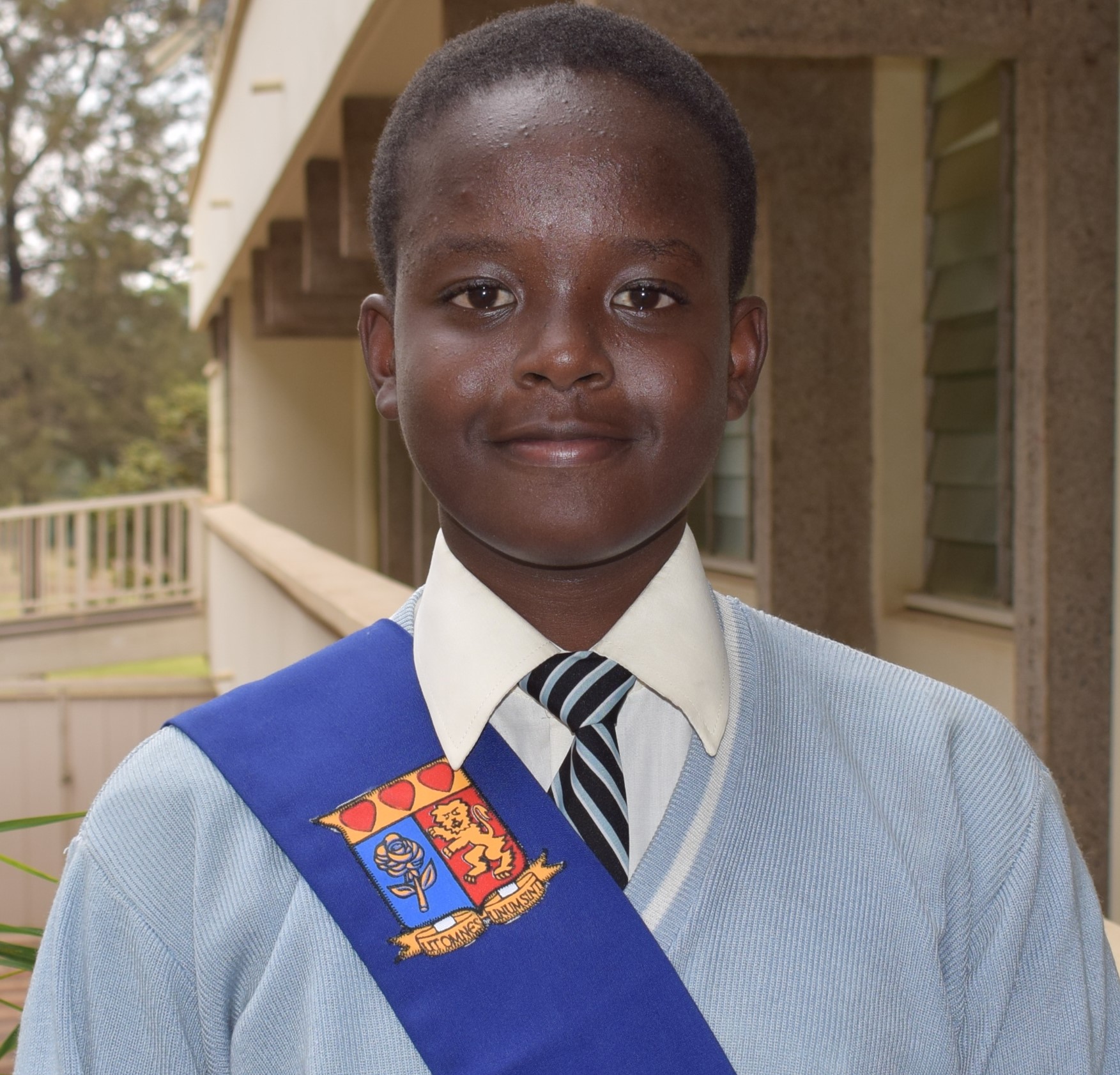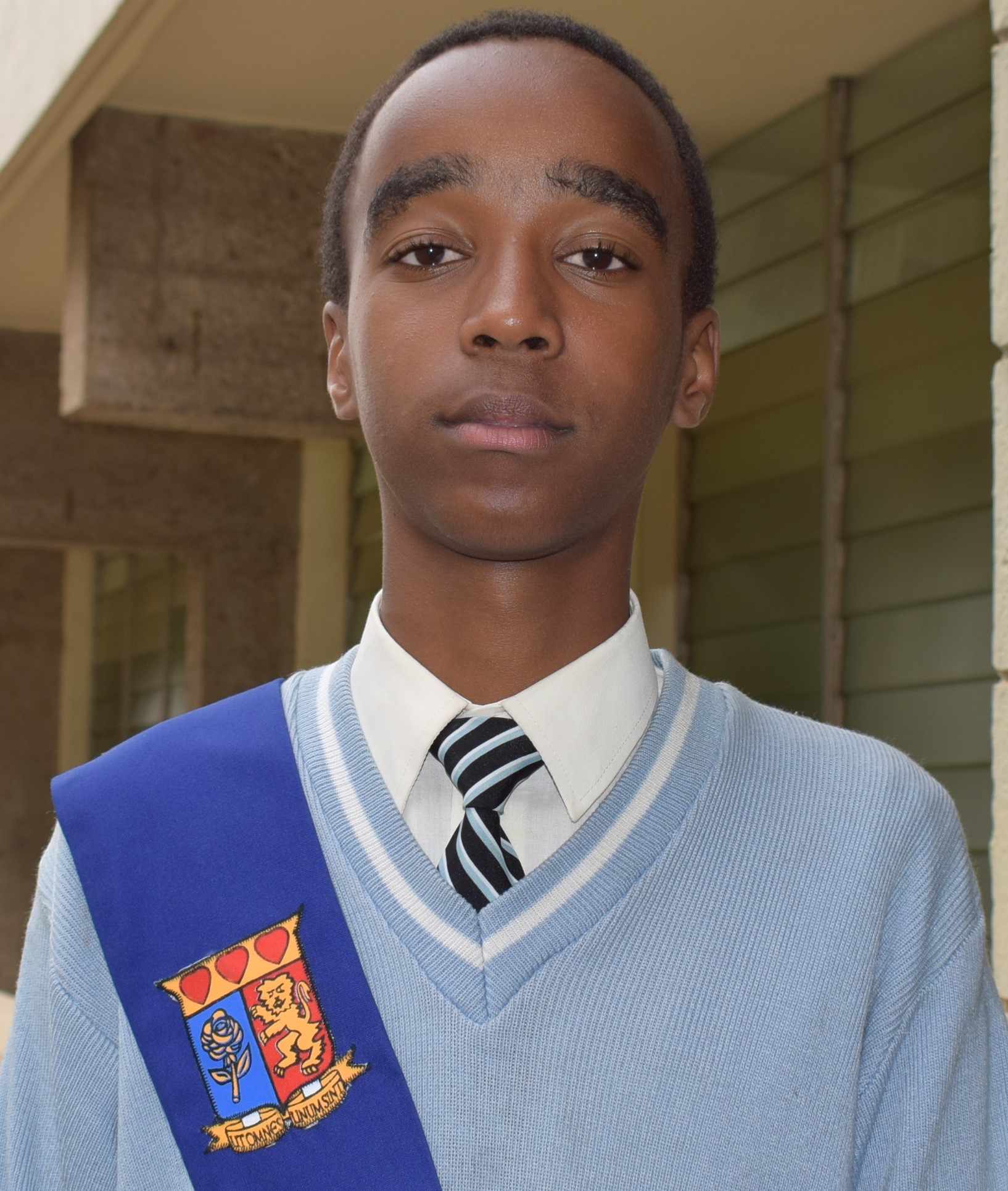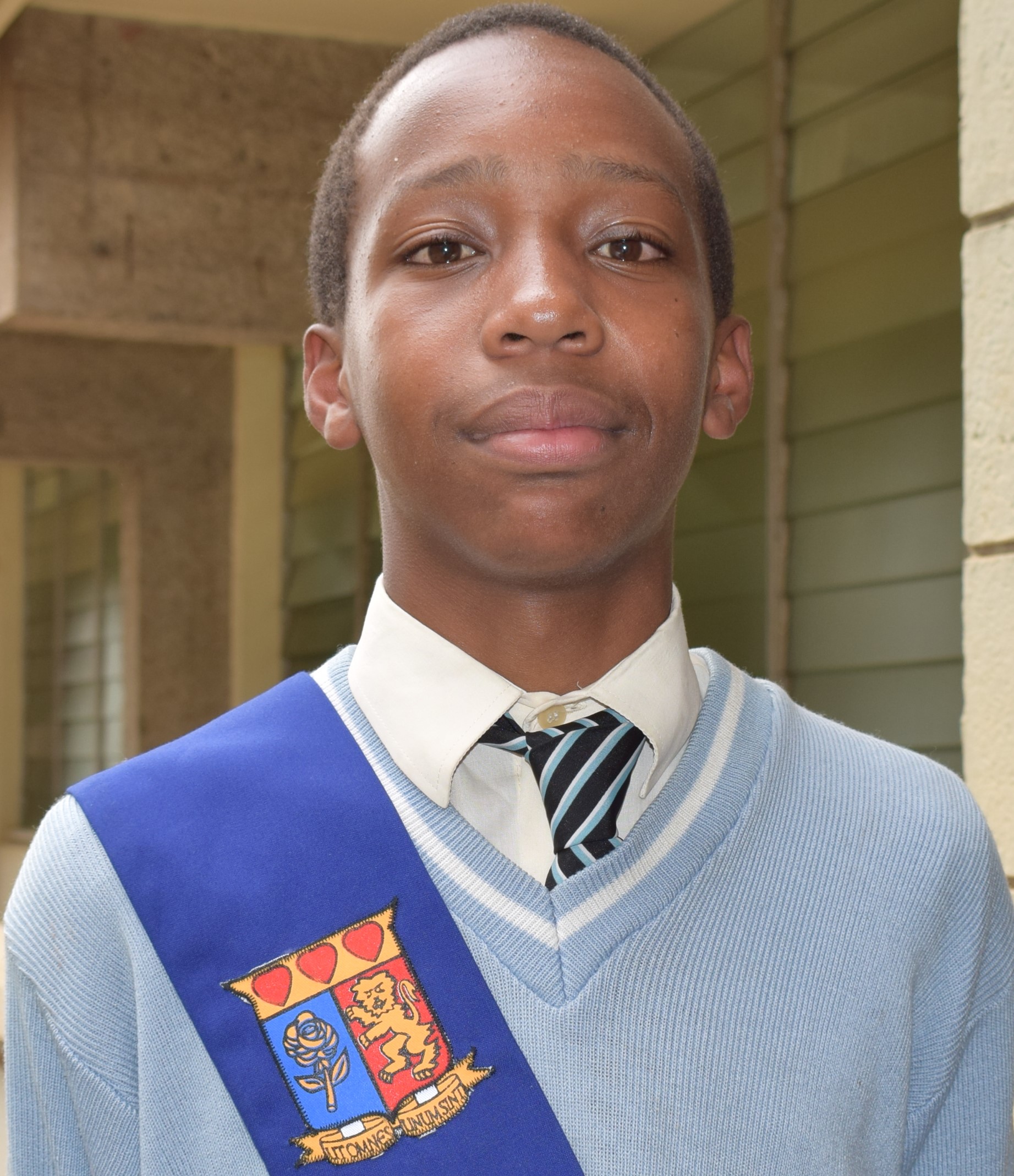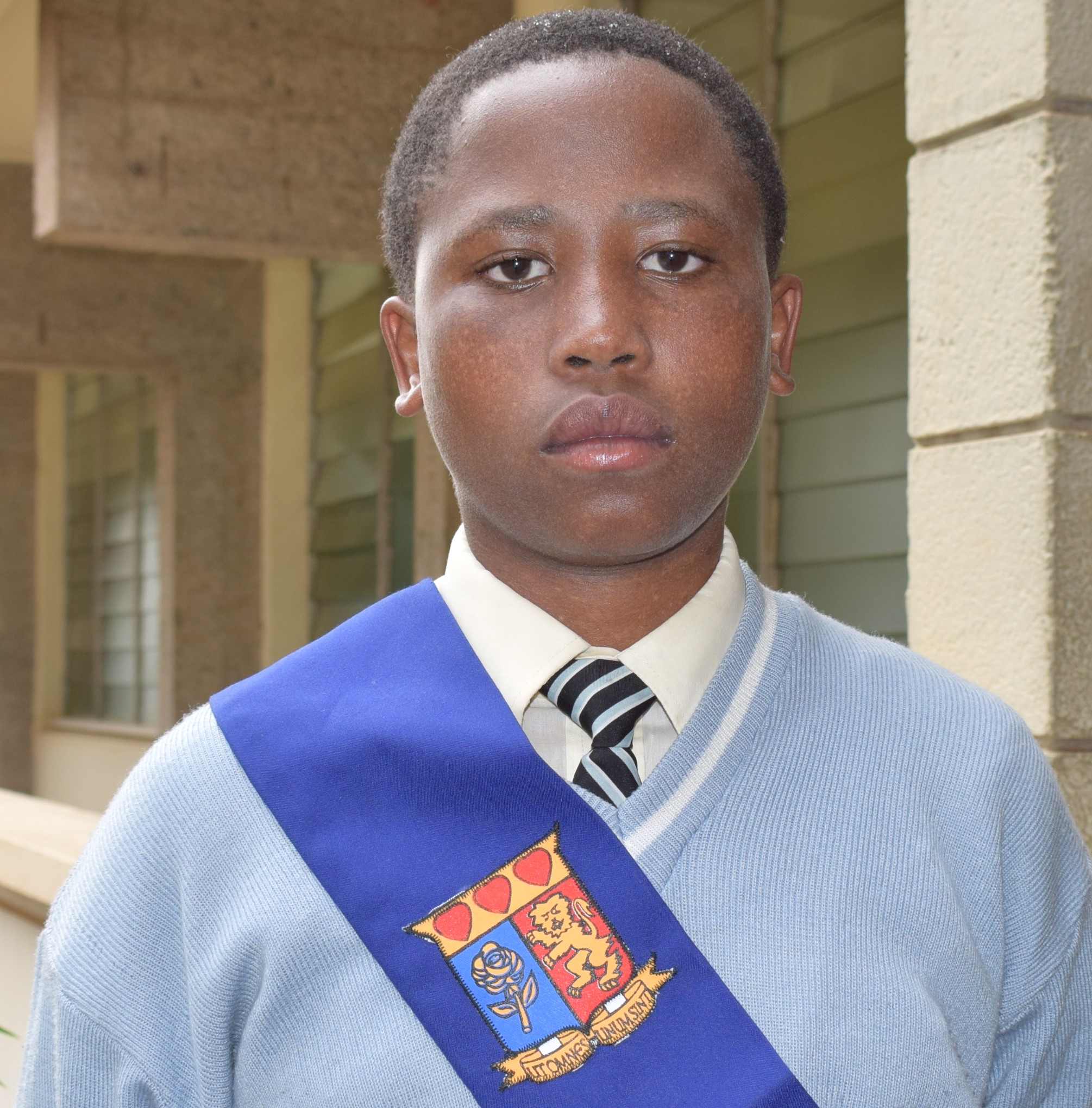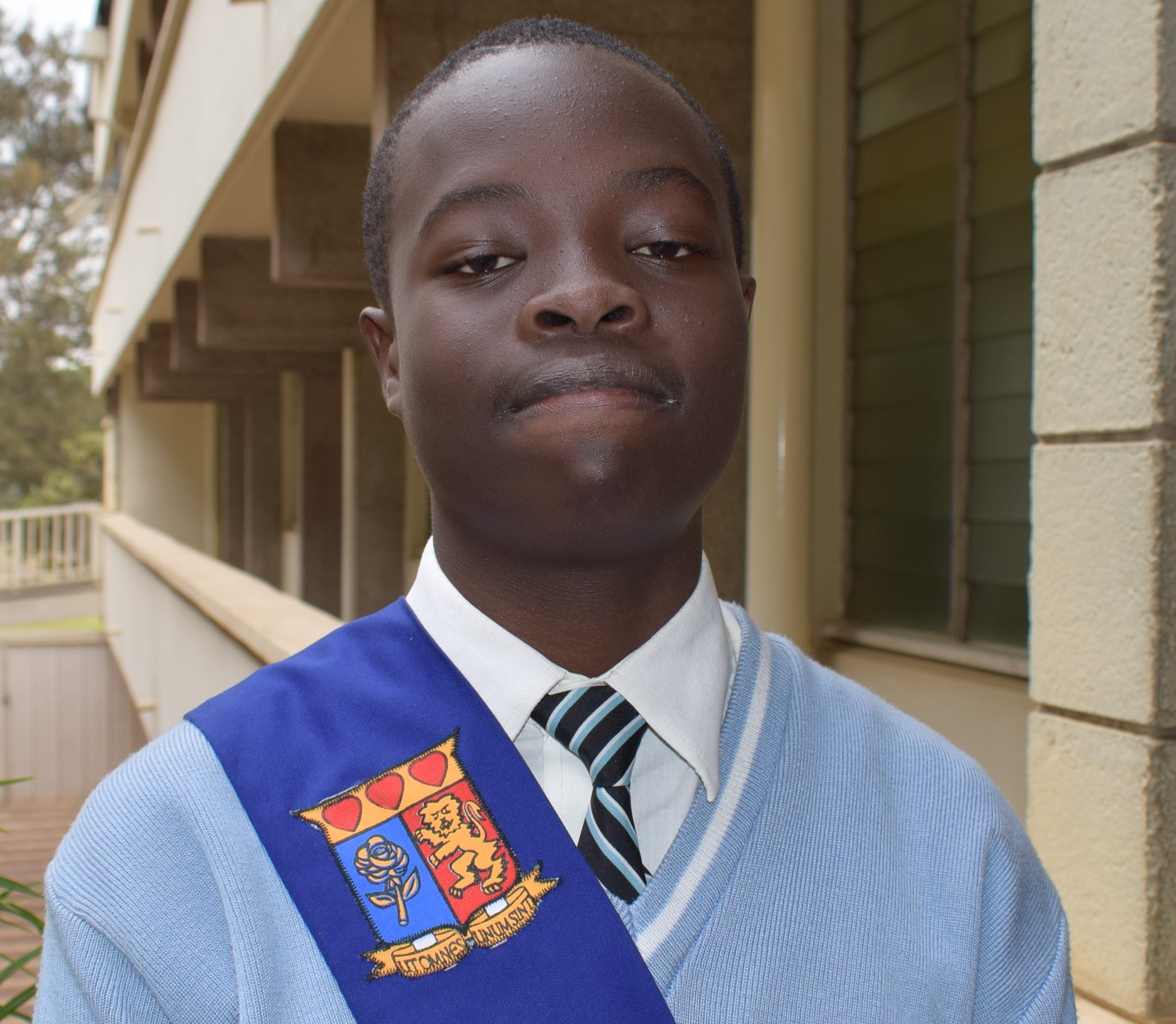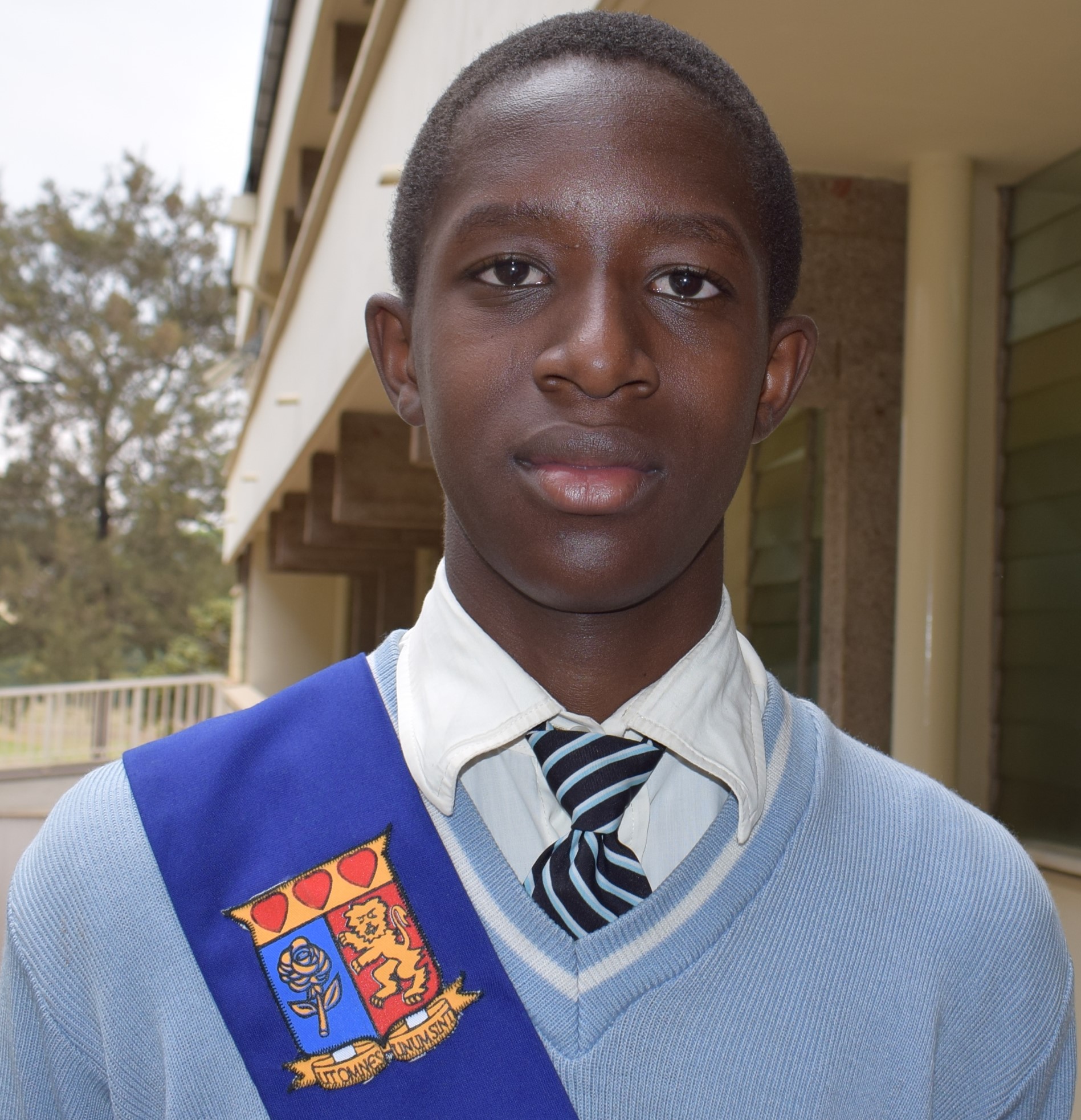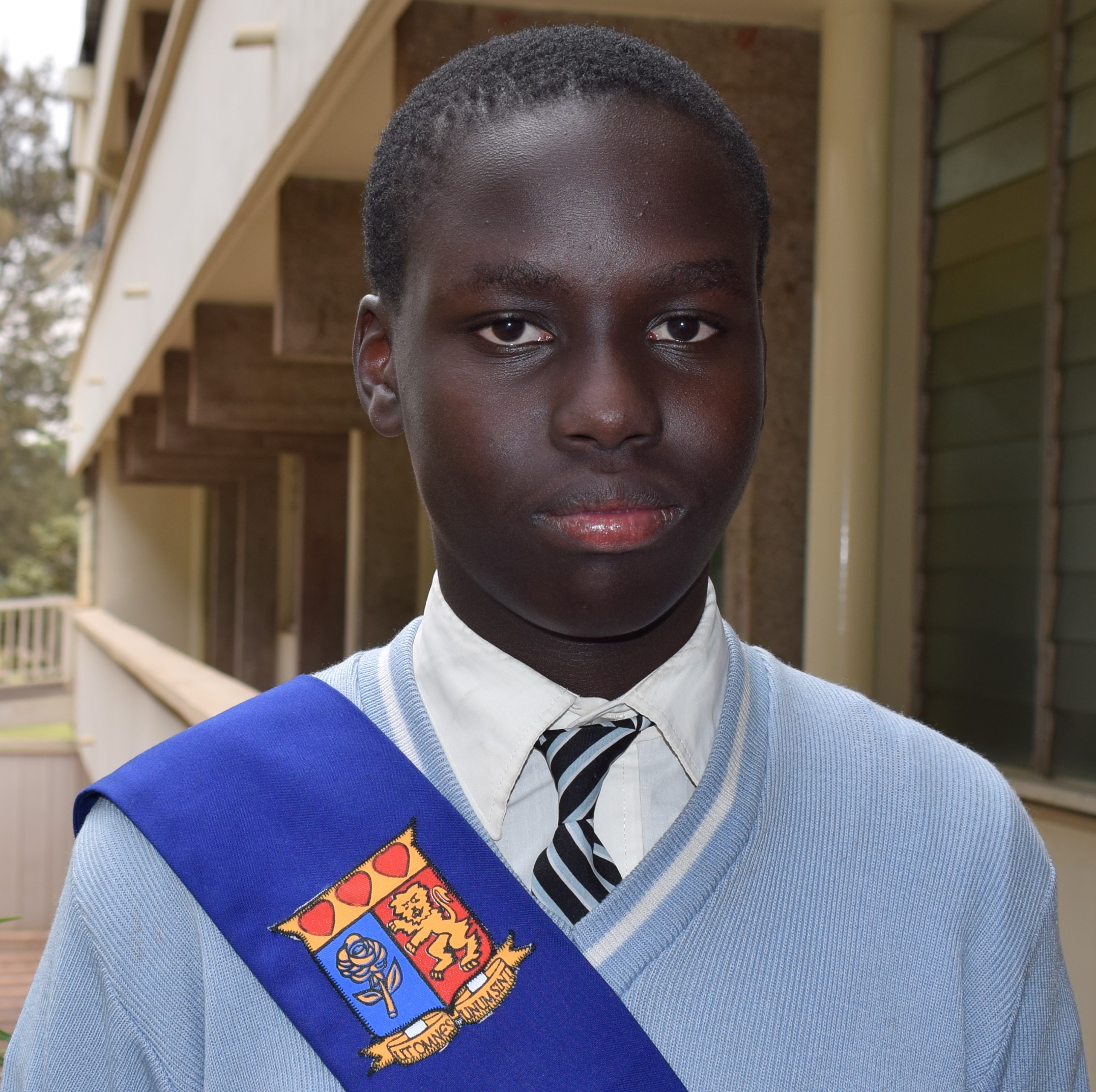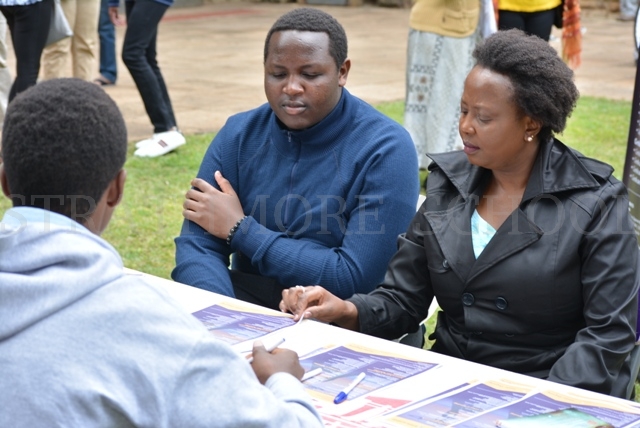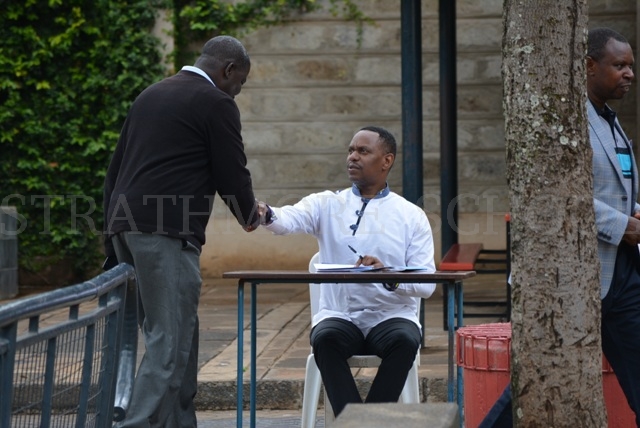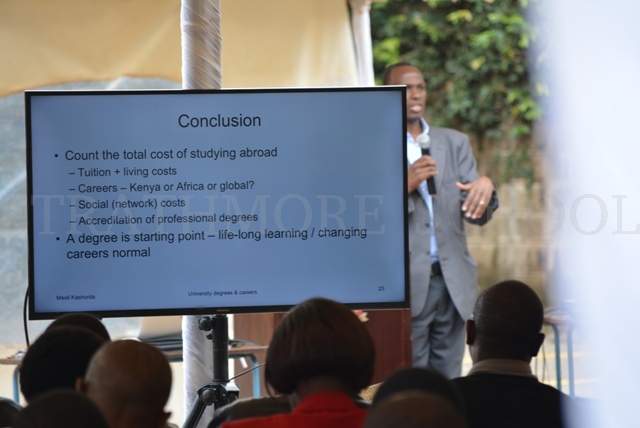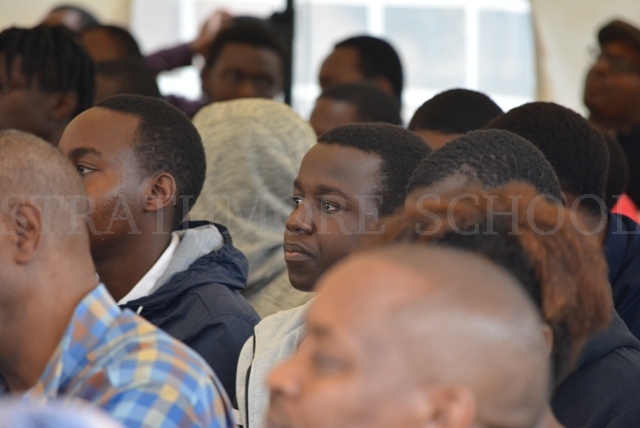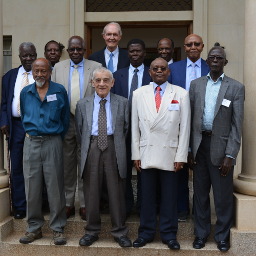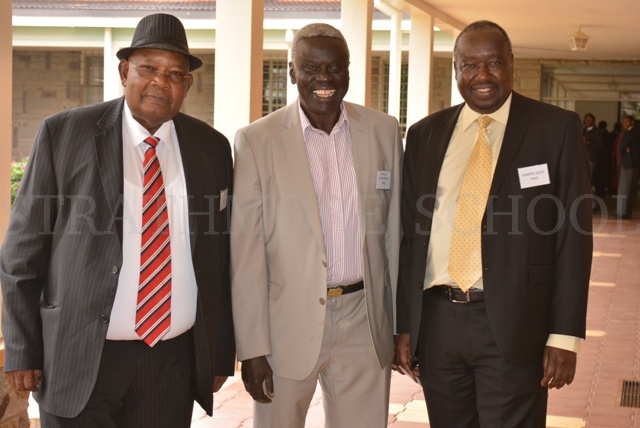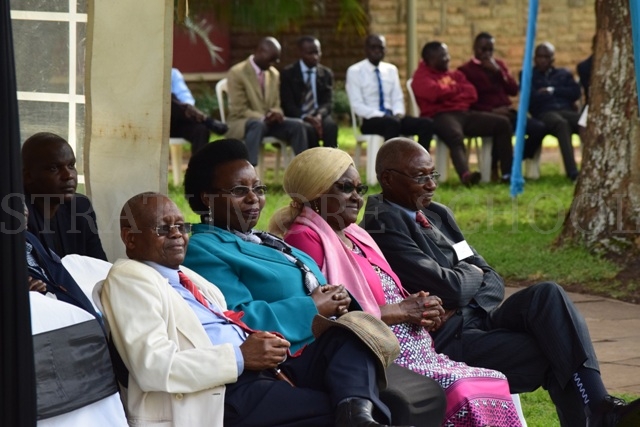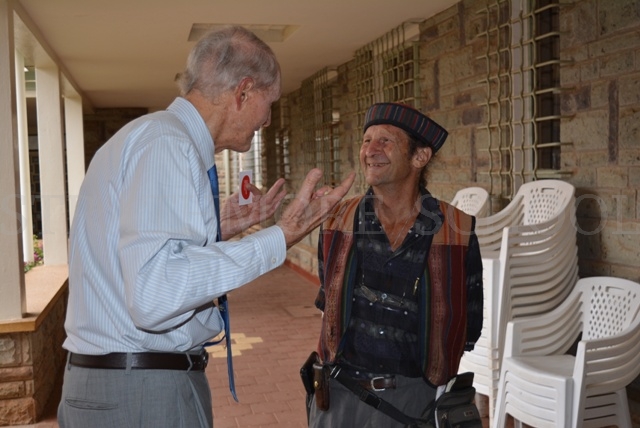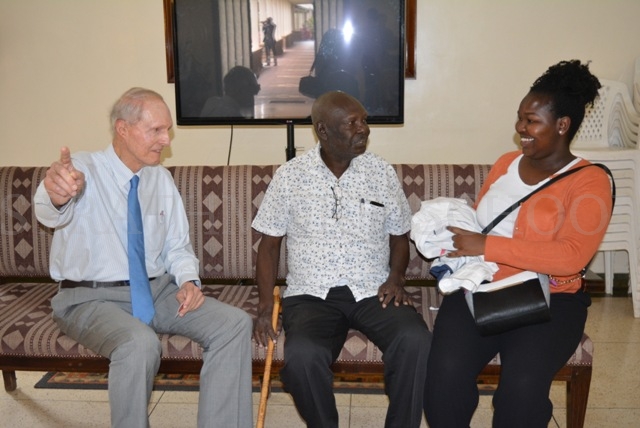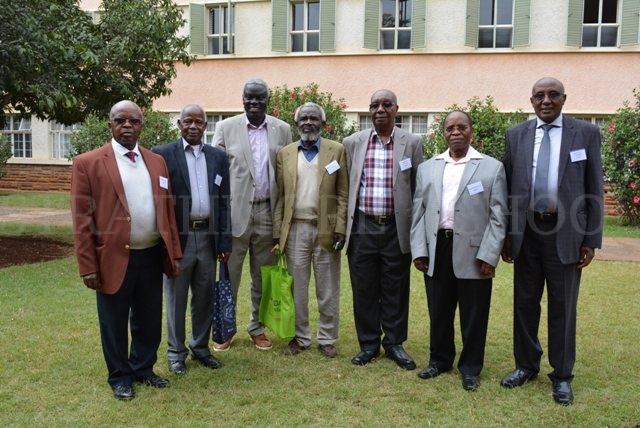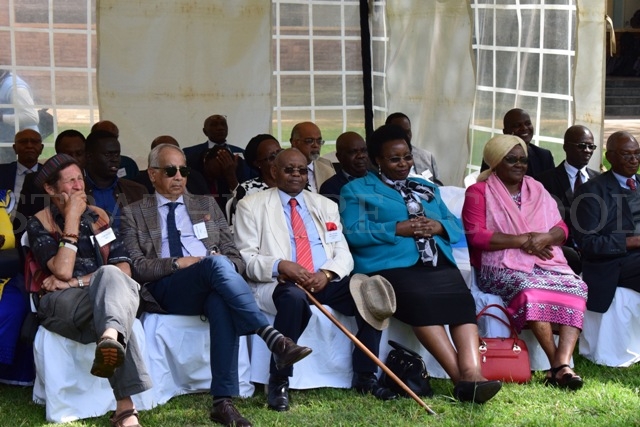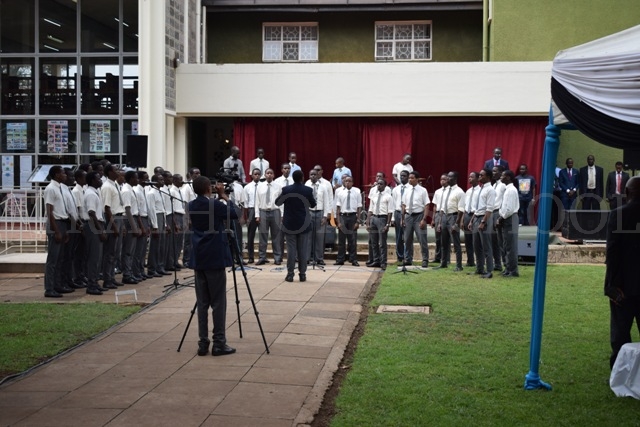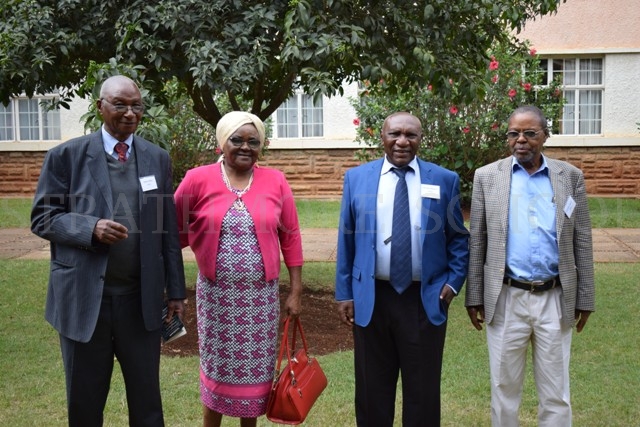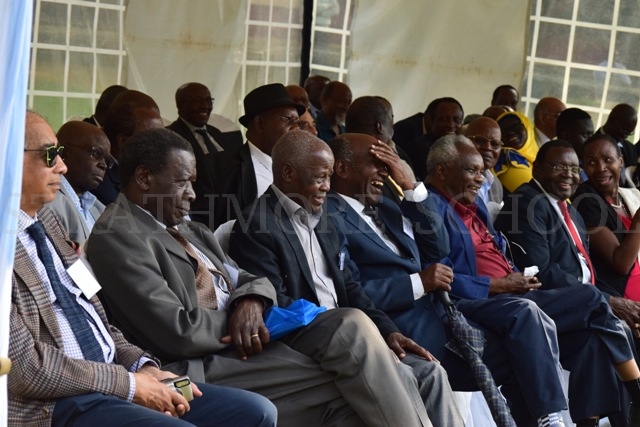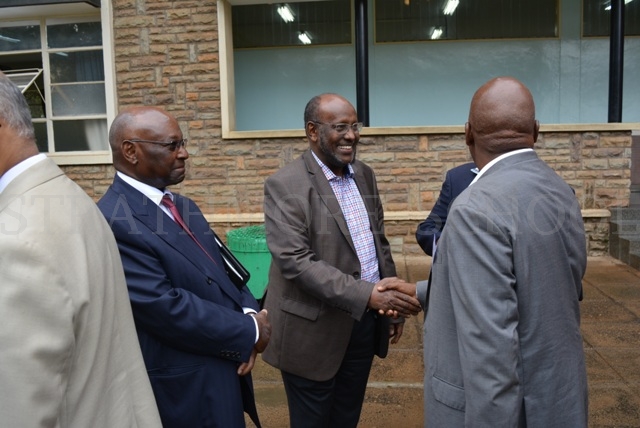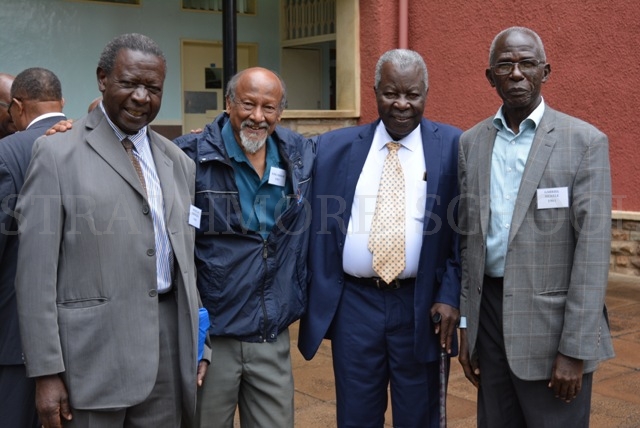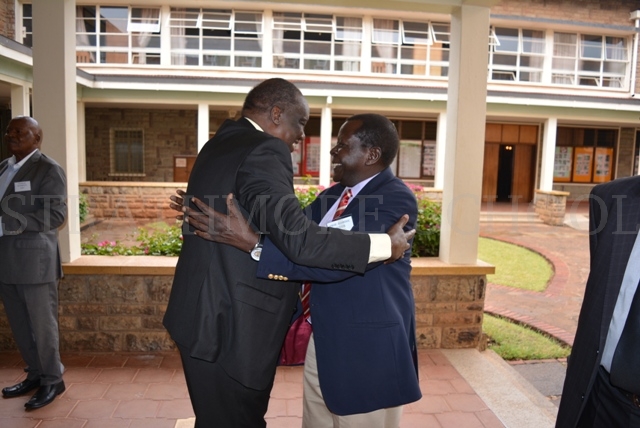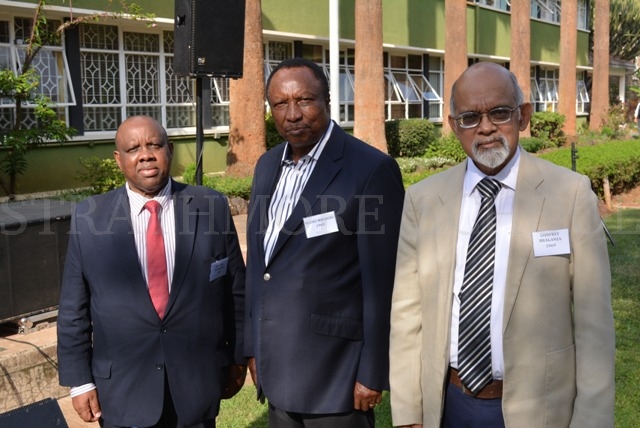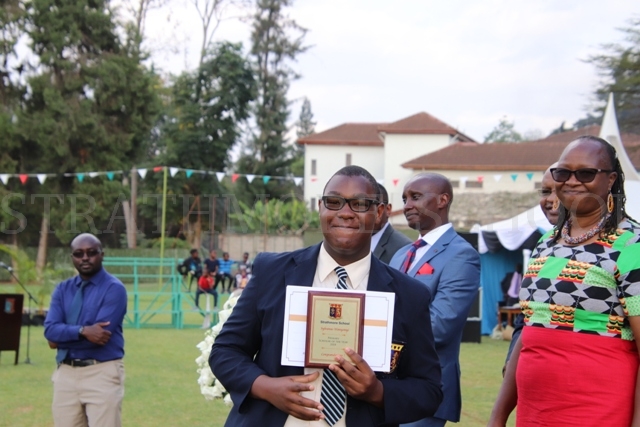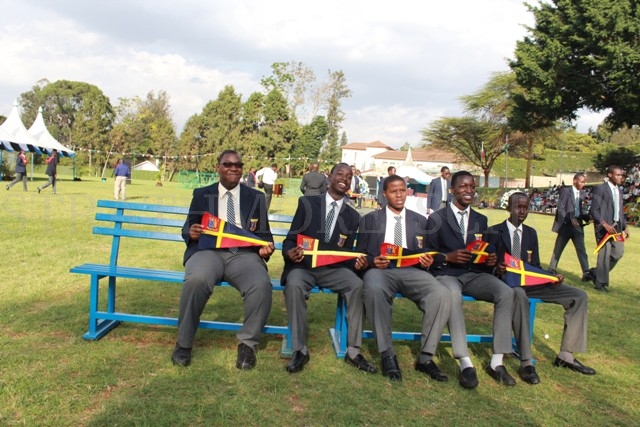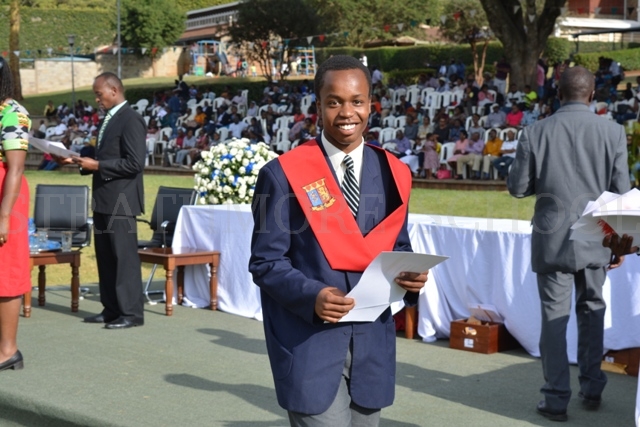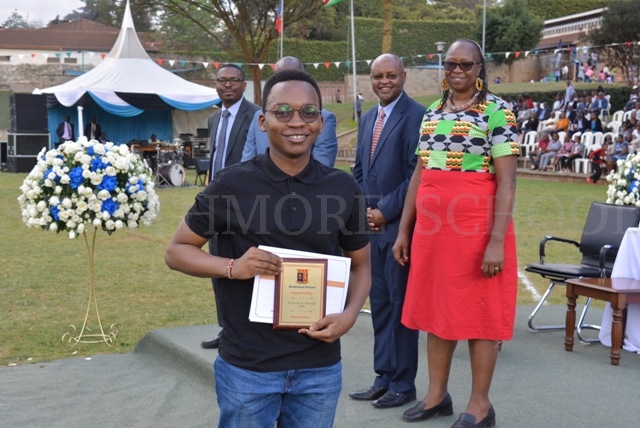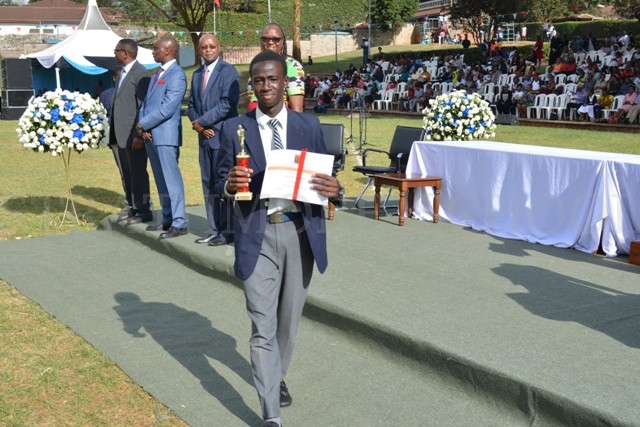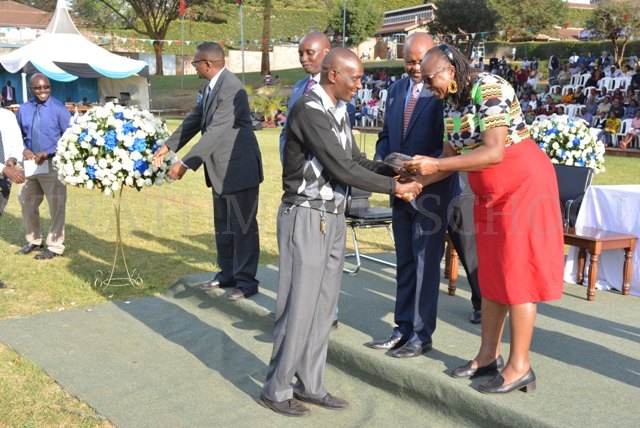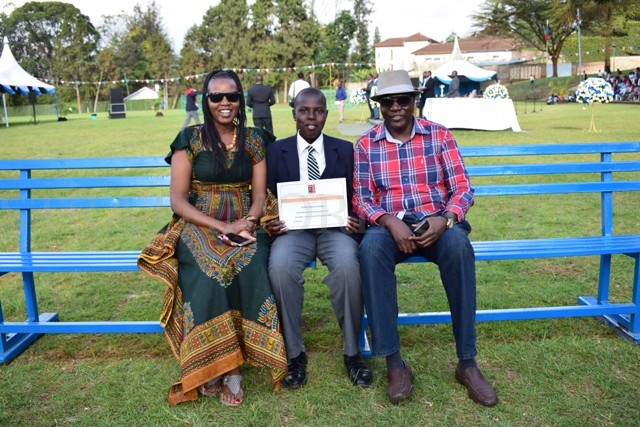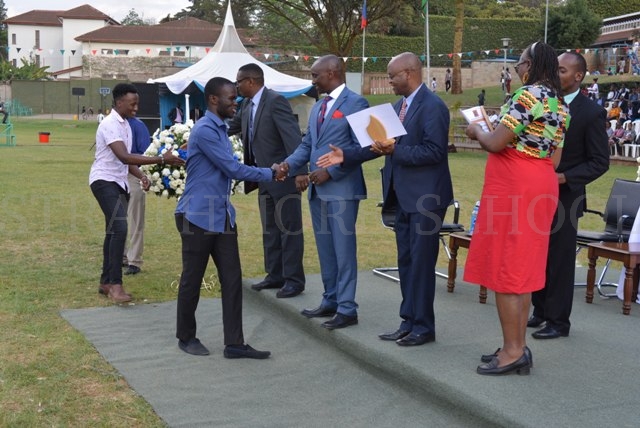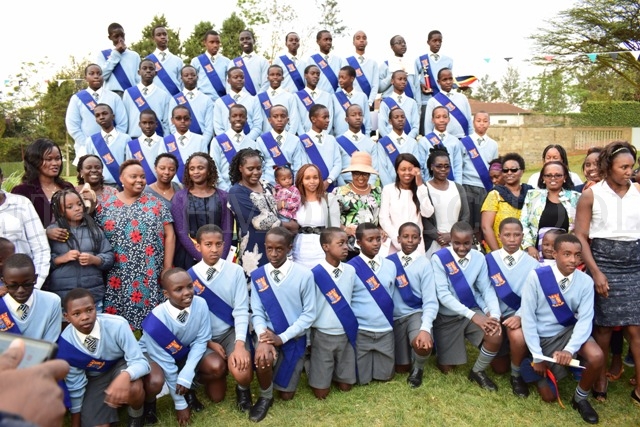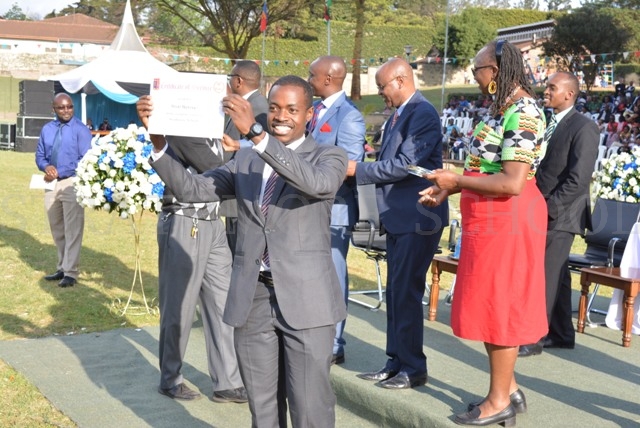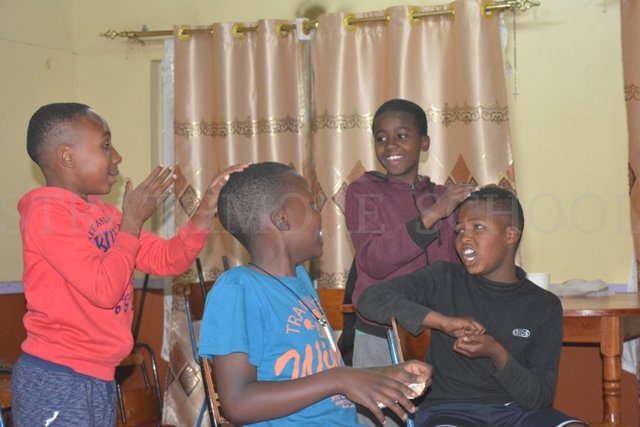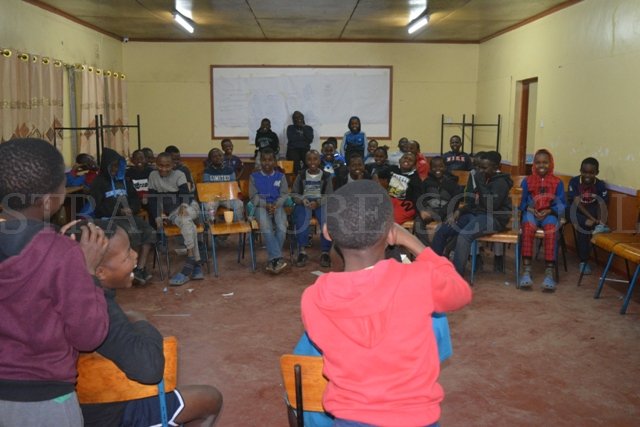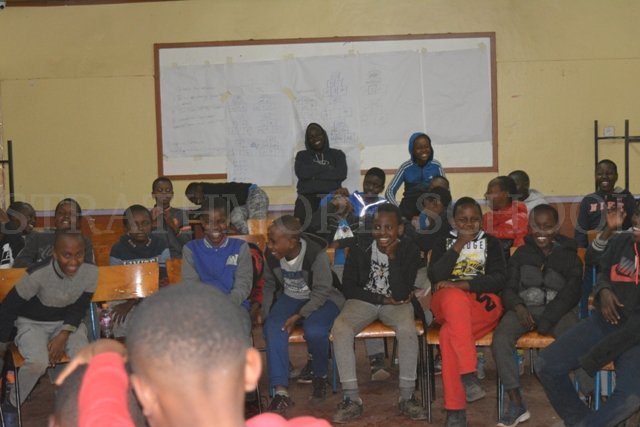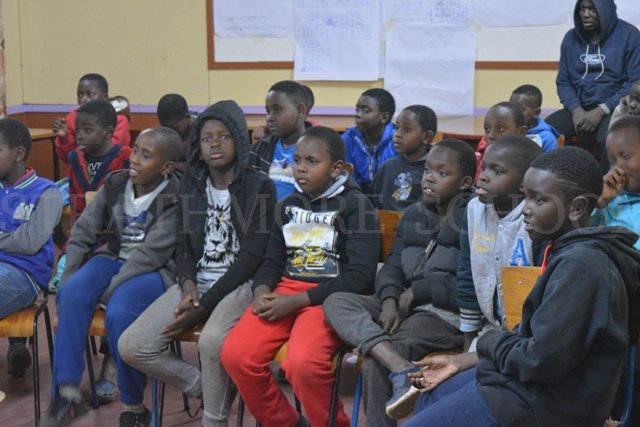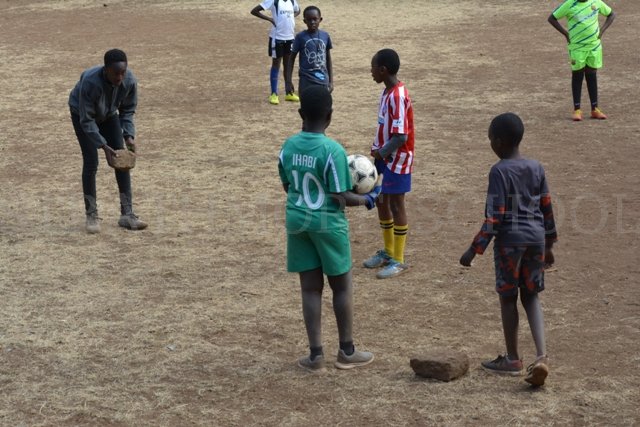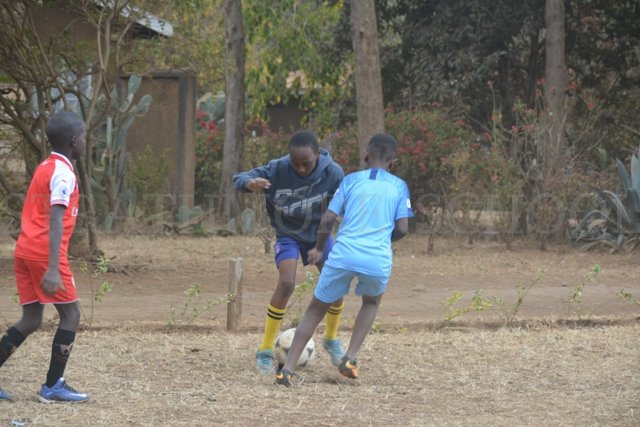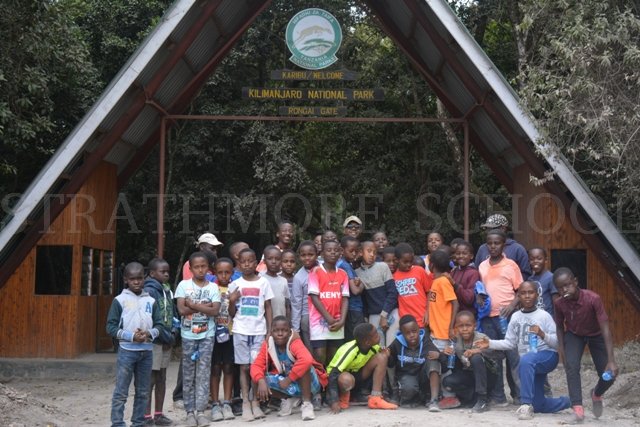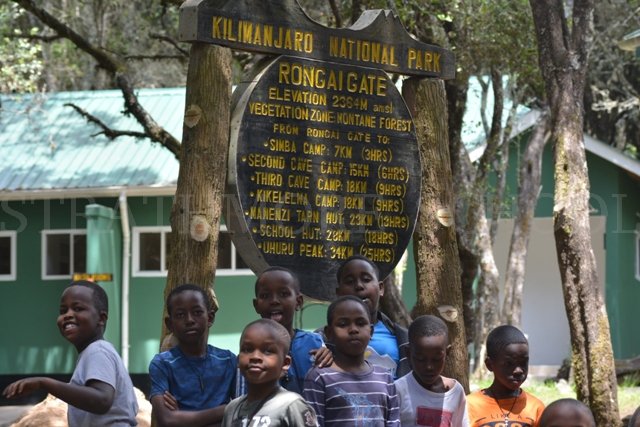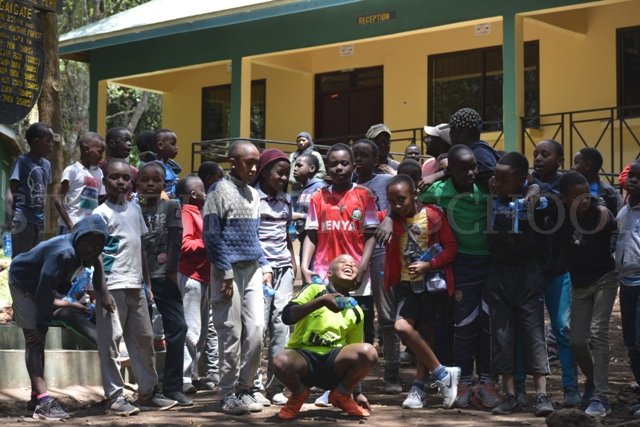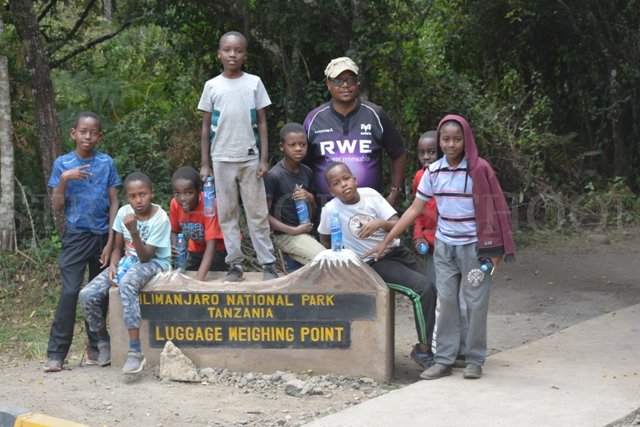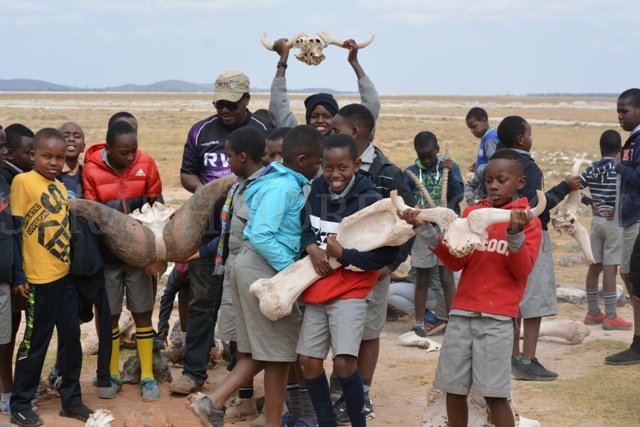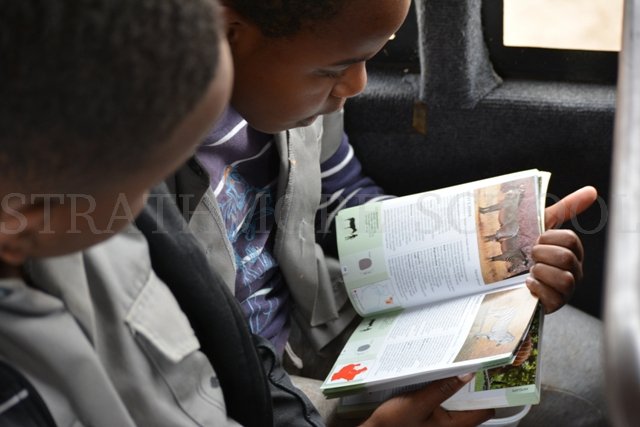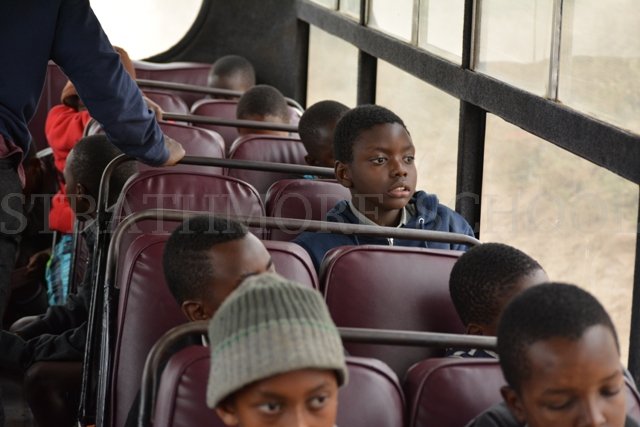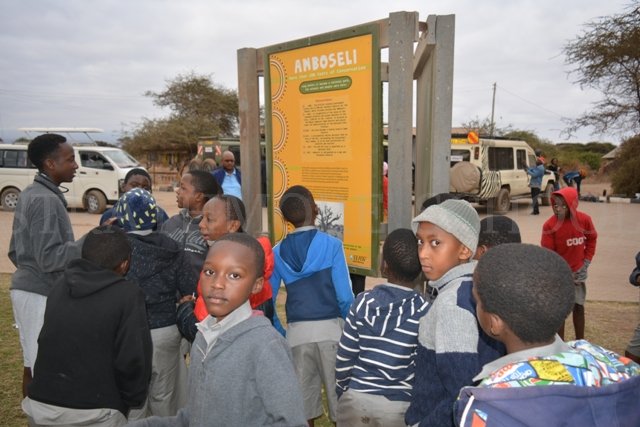CONGRATULATIONS TO THE CLASS OF 2019!
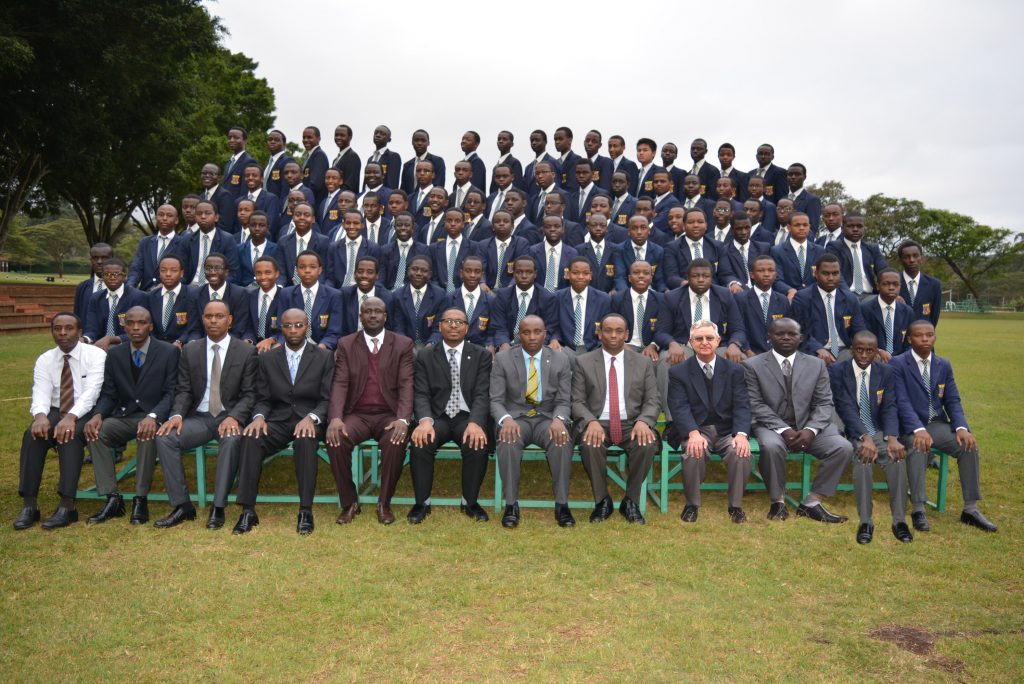
We would like to congratulate Strathmore School Class of 2019 for an impressive performance! In the results announced earlier today, the class scored an impressive mean of 9.880. Although it is a slight drop from last year’s 9.988, we appreciate the effort it has taken this class to achieve these results.
We note with gratitude that 72% of the candidature scored Grade B+ and above while 81 out of the 83 candidates attained the minimum university entry grade of C+. This translates to 98% transition rate to university.
Below is the breakdown of the results:
| SUBJECT | A | A- | B+ | B | B- | C+ | C | C- | D+ | D | D- | E | AVE | NO. |
| ENGLISH | 1 | 22 | 35 | 21 | 4 | 0 | 0 | 0 | 0 | 0 | 0 | 0 | 9.940 | 83 |
| KISWAHILI | 1 | 6 | 18 | 23 | 21 | 6 | 4 | 2 | 2 | 0 | 0 | 0 | 8.639 | 83 |
| MATHEMATICS | 51 | 11 | 6 | 5 | 4 | 2 | 2 | 2 | 0 | 0 | 0 | 0 | 10.916 | 83 |
| BIOLOGY | 2 | 4 | 8 | 8 | 8 | 5 | 2 | 0 | 0 | 0 | 0 | 0 | 8.946 | 37 |
| PHYSICS | 8 | 13 | 17 | 12 | 11 | 6 | 2 | 4 | 3 | 3 | 0 | 0 | 8.861 | 79 |
| CHEMISTRY | 13 | 16 | 16 | 11 | 10 | 6 | 3 | 3 | 2 | 1 | 0 | 0 | 9.346 | 81 |
| GEOGRAPHY | 36 | 15 | 16 | 11 | 4 | 0 | 1 | 0 | 0 | 0 | 0 | 0 | 10.771 | 83 |
| COMPUTERS | 24 | 0 | 0 | 0 | 0 | 0 | 0 | 0 | 0 | 0 | 0 | 0 | 12.000 | 24 |
| FRENCH | 5 | 0 | 5 | 2 | 0 | 0 | 0 | 0 | 0 | 0 | 0 | 0 | 10.667 | 12 |
| HISTORY | 23 | 7 | 6 | 2 | 2 | 2 | 1 | 0 | 0 | 0 | 0 | 0 | 10.860 | 43 |
| TOTAL | 4 | 26 | 30 | 9 | 9 | 3 | 2 | 0 | 0 | 0 | 0 | 0 | 9.880 | 83 |
The class has posted impressive results in Computer Studies (all the students scored straight As), Mathematics, History, Geography and French. There was also a tremendous improvement in Kiswahili!
We give gratitude to God for granting us yet another successful year.
We thank the parents of these candidates for their sacrifice. SUCCESS IN A DAY SCHOOL HEAVILY HINGES ON THE COMMITMENT OF PARENTS. You, our parents have not let us down!
We thank our teachers and all the other members of staff. We have come a long way with this class. You showed faith in this class even in the darkest of moments; you went beyond the call of duty to ensure their success: behold the fruits of your hard work!
And to our candidates: Whatever Grade you scored, know that your school is proud of you! But always remember that ultimately, the world will not judge you by the grade that you scored today but by the strength of your character; CONGRATULATIONS!
Congratulations to the four candidates who scored Grade A:

Michael wachira
83
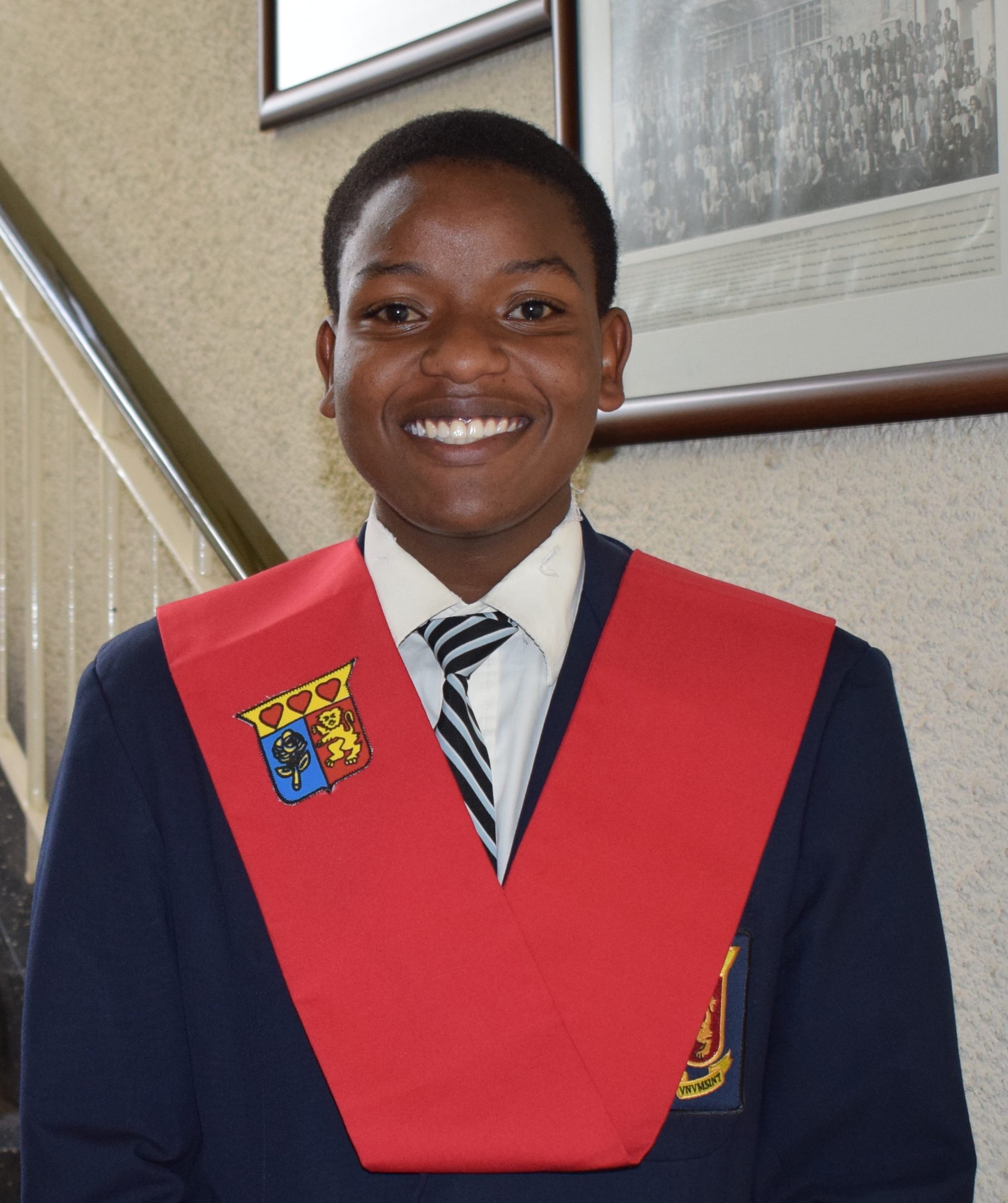
JEFF MWATHI
82

VICTOR MWENDIA
82
